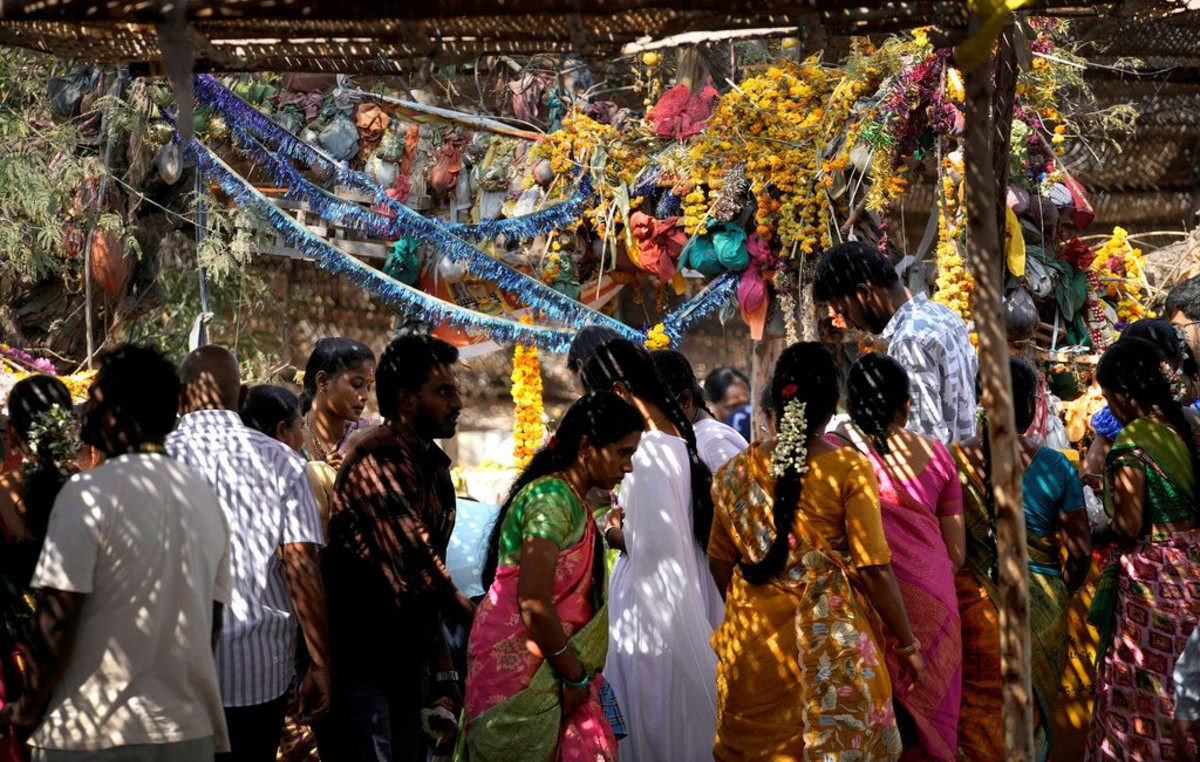“During the colonization process, it was said that blacks were created for work because they did not have intellectuality, that they were weak, inferior, that their descendants had no cultural value”, exemplifies the writer and screenwriter Alê Santos when talking about the stereotypes that accompany the black population. “This has been propagated for three centuries.”
Therefore, for the writer, it is essential to rescue the past that “truly favors the image of black people as a fighting strategist, as a blacksmith, artisan, intellectual”, he says. An example would be remembering the Malês Revolt, which took place in 1835, in the city of Salvador (BA). According to him, this is a “story of intellectual overcoming and a revolution in the country that worked.”
The International Day to Remember the Slave Trade and its Abolition is this Tuesday (23). “It is important to talk about and remember the African diaspora, which was a very violent and aggressive movement of black people from the African continent”, evaluates the writer.
For him, disseminating stories of resistance from the enslaved population, as examples of a survival strategy for this period, “is of great importance to extinguish the stereotyped and racist image directed at blacks from the social imaginary.
Regarding the Abolition of Slavery in Brazil, on May 13, 1888, the writer Alê Santos points out that the country was one of the last to declare freedom for slaves. “That says a lot about Brazilian society. Here, abolition was practically an agreement between the elites to modernize the country and found a Republic with new values.”
The screenwriter recalls the words of one of the main abolitionist writers, Joaquim Nabuco (1849-1910), when he said that “as long as black society is not integrated, with access to education, land and working conditions, slavery will be a shadow of our society”.
And it is still a shadow, years later, according to Alê Santos, because “when we look at the social, unemployment, health, education and poverty rates, blacks are still the ones who suffer the most in the country”, he argues.
The writer and screenwriter concludes by noting that the consumption of anti-racist content is increasing due to the easy access and quick sharing of texts and authors, such as Abdias do Nascimento (1914-2011) and Lélia Gonzalez (1935-1994), on the internet. “This content is not only read by the black community. Everyone is reading. And young people play a big role in that.”
Source: CNN Brasil







